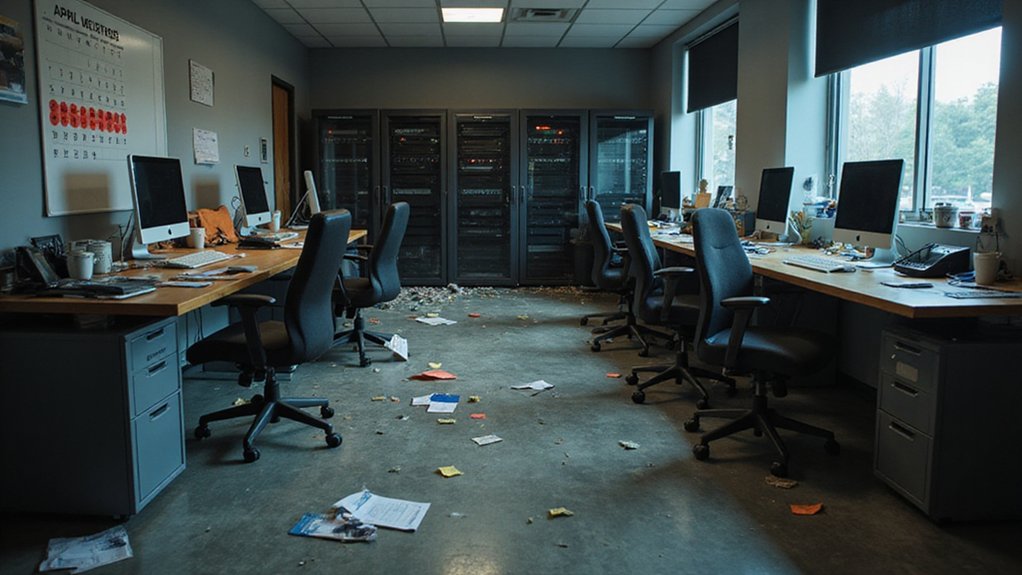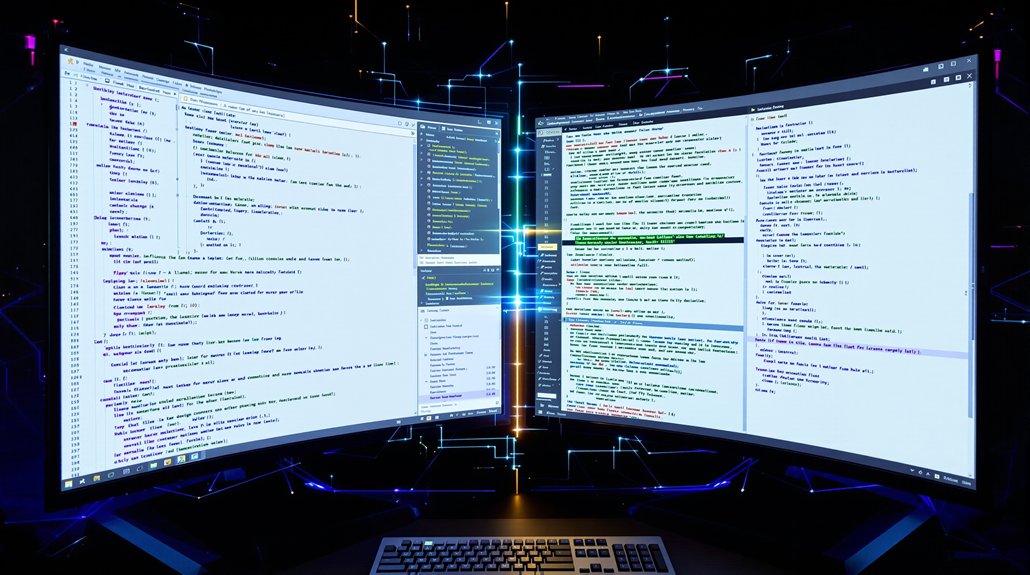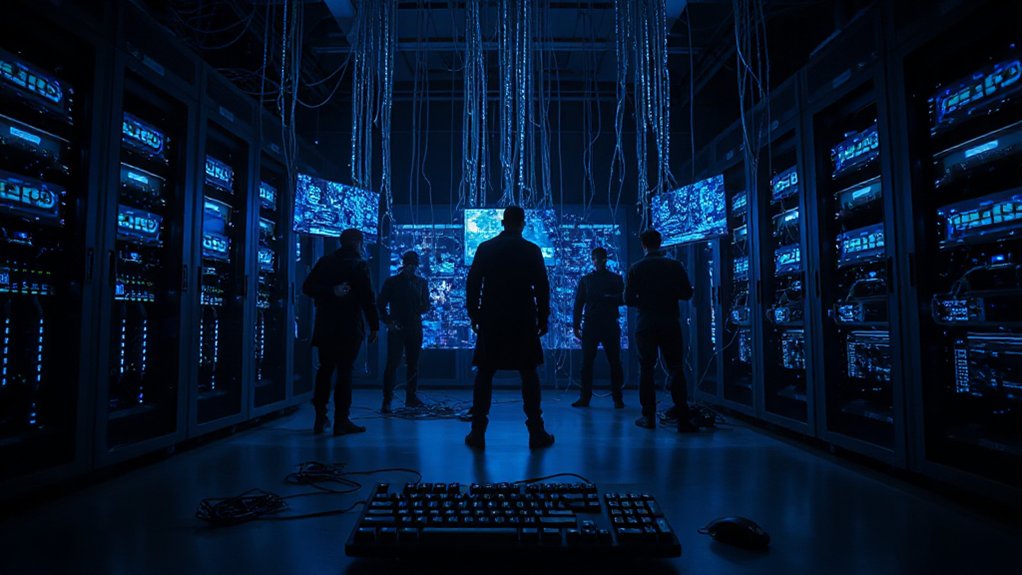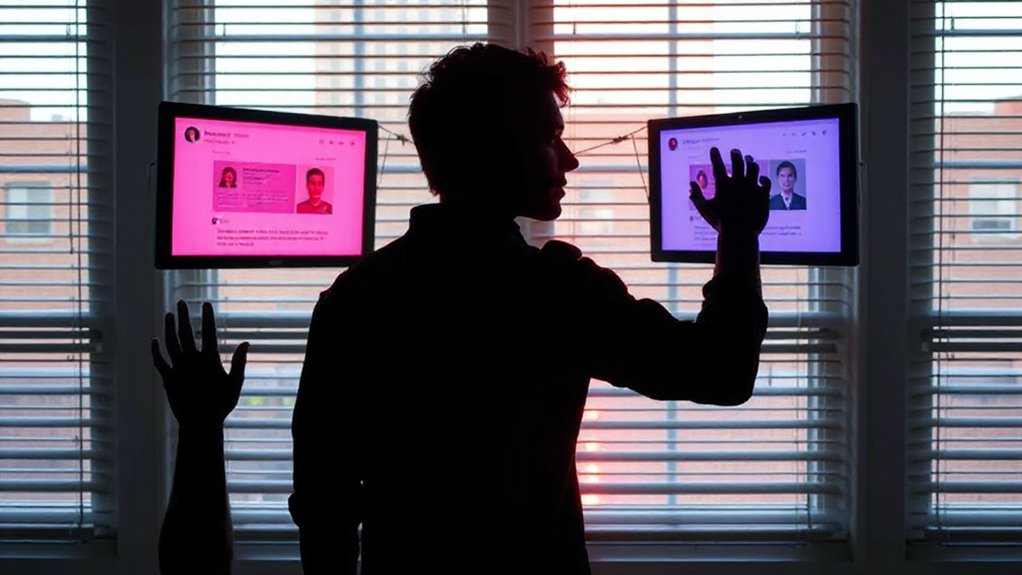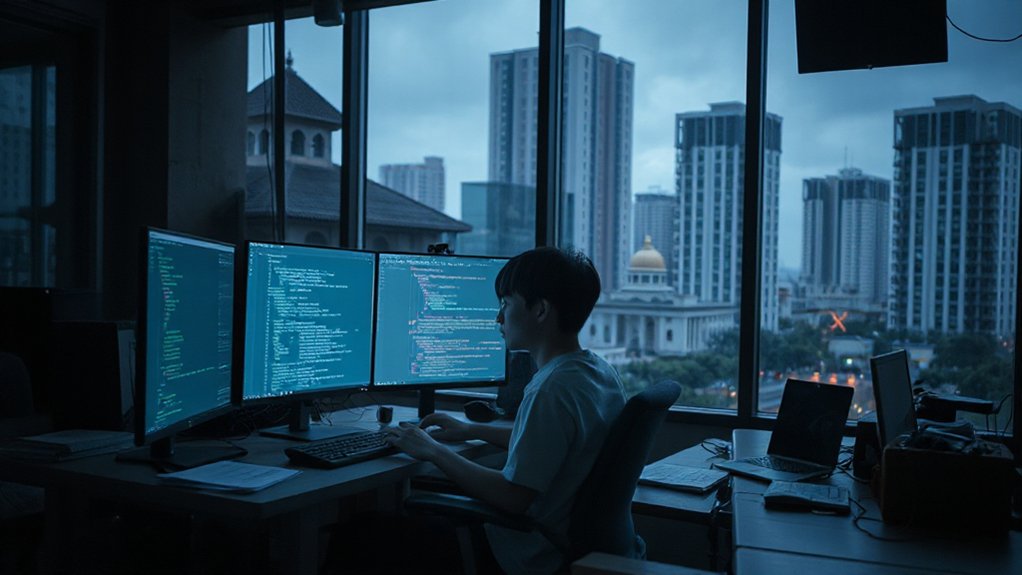While workers initially feared AI would take their jobs, many are now facing a different challenge: mental exhaustion from working with these technologies. About 30% of workers globally expect AI to replace their positions by 2025. This fear is especially strong in India’s IT sector, where professionals report increasing anxiety and burnout as they anticipate job losses.
The emotional journey for many workers has shifted from worrying about being replaced to feeling drained by working alongside AI systems. Though some report productivity gains of up to 40%, these improvements come with a faster work pace and higher mental demands. AI integration has shown to reduce cognitive load by automating routine administrative tasks, potentially enhancing job satisfaction when implemented properly. The constant availability of AI tools makes many employees feel they need to be “always on,” leading to widespread fatigue.
“The 24/7 nature of AI tools has intensified feelings of being constantly connected,” explains one researcher tracking the trend. Workers who once feared for their jobs now struggle to keep up with AI-enhanced work environments that never slow down. Research indicates that displaced IT professionals experience significant erosion of professional identity as automation renders their specialized skills obsolete.
Some companies are responding with AI solutions for mental health support. AI therapy chatbots have shown promising results, with studies reporting a 64% greater reduction in depression symptoms compared to control groups. These tools extend mental health resources to more people through digital platforms. Healthcare facilities utilizing natural language processing can better understand patient concerns and provide more personalized mental health support.
Employers are also testing AI-driven scheduling systems to balance workloads and wearable devices that monitor stress levels. These technologies aim to reduce burnout and improve job satisfaction in AI-integrated workplaces.
Public attitudes toward AI in mental health remain mixed. While 46% of Americans are open to AI providing mental health support, most still prefer human therapists. Only 32% of people surveyed would consider AI-based therapy as their first choice.
As workplaces continue to adopt AI technologies, the focus is shifting from fears about job loss to concerns about maintaining mental well-being while working alongside increasingly powerful AI systems.
References
- https://artsmart.ai/blog/ai-in-mental-health/
- https://www.aacsb.edu/insights/articles/2025/08/how-ai-can-improve-employee-well-being
- https://pmc.ncbi.nlm.nih.gov/articles/PMC12409910/
- https://clearmindtreatment.com/blog/ai-and-mental-health-support-trends-in-2025/
- https://get.headspace.com/2025-workforce-state-of-mind
- https://www.pewresearch.org/science/2025/09/17/how-americans-view-ai-and-its-impact-on-people-and-society/
- https://www.nature.com/articles/s41598-025-98241-3
- https://fortune.com/2025/07/09/ai-turbocharging-worker-productivity-wreaking-havoc-on-mental-health/
- https://www.shrm.org/topics-tools/flagships/ai-hi/ai-and-mental-health



